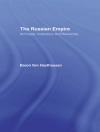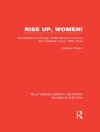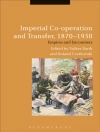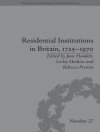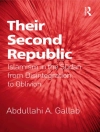Best Read for the General Public: IBP 2023 Accolades in the Humanities by the International Institute for Asian Studies
2nd Prize Winner of the 2022 Victor Turner Prize sponsored by the Society for Humanistic Anthropology
Brings to life the smells, sounds, vibrations, discomforts, and joys of taxi travel in India’s largest city
In this first book-length study of Mumbai’s taxi industry and of the livelihoods that surround it, Tarini Bedi draws from the lives and voices of chillia taxi drivers who have sustained a hereditary trade for more than a century. Bedi considers the Bombay taxi in all its forms: a material object that is driven, an economic and political connection, an expression of kinship, an embodiment of urban time and technology, and more. She illustrates how the accumulation of capital in this masculinized and mobile trade depends on forms of fixed domestic labor and an ethics of care, and how connections among these factors impact the production and reshaping of working-class personhood and laboring subjects. From beginning to end, the world of Mumbai automobility unfolds through depiction of the sensory, embodied, and political domains of taxi drivers’ work.
While most understandings of automobility remain tied to Western assumptions, patterns of driving, (sub)urbanization, and engagements with the road, realities in the Global South differ. Mumbai Taximen provides a correction to this imbalance from Mumbai through a timely exploration of South Asian social, material, political, labor, and technological histories and practices of motoring and automobility.
Про автора
Padma Kaimal is Batza Professor of Art and Art History at Colgate University. She is the author of Scattered Goddesses: Travels with the Yoginis (Association for Asian Studies, 2013) and Opening Kailasanatha: The Temple in Kanchipuram Revealed in Time and Space (Washington, 2021).


